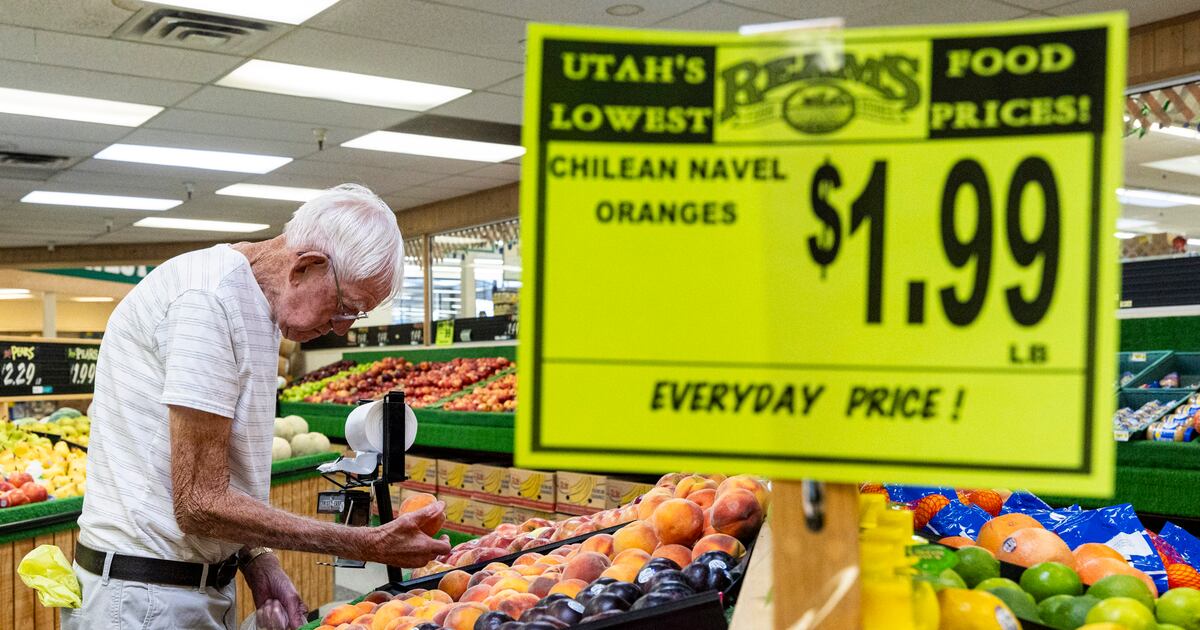
As people age, their body’s nutrition needs tend to change.
The body’s ability to process and absorb different nutrients can change and it can be important for older adults to focus on maintaining muscle mass and staying hydrated.
Here is a look at some nutrition tips to help you stay healthy as you age.
Make well-balanced meals
According to the National Council on Aging, here are some things a healthy meal should include:
- Lean protein: lean meats, seafood, eggs, beans
- Fruits and vegetables: add color to your meals
- Whole grains: brown rice, whole wheat pasta
- Low-fat dairy: milk or milk alternatives
- Food with little to no added sugar, saturated fats and sodium
Get enough protein
According to MyPlate.gov, it is important to get enough protein during your day to help maintain muscle mass.
Alongside eating meat, you can also focus on adding seafood, dairy, beans, peas, lentils or fortified soy products to your meals for extra protein.
Eat healthy snacks
One way to increase healthy eating habits is to add sliced or chopped fruits and vegetables to your snacks, per the National Institute on Aging.
Many stores also sell precut fruits and vegetables, making it even easier to add them to your diet.
Get enough vitamin B12 and other important nutrients
It’s important to make sure you’re getting enough vitamin B12 in your diet. According to MyPlate.gov, as you age, the body’s ability to absorb vitamin B12 can decrease, so it is important to focus on eating enough protein or fortified foods.
You can also speak to a health care provider to see if taking vitamin B12 supplements is a good idea for you.
Other important nutrients to focus on are potassium, calcium and vitamin D, per the National Council on Aging.
Reduce your sodium intake
One easy way to reduce sodium is to season foods with herbs and citrus, instead of traditional store-bought seasonings, per the National Institute on Aging.
Lemon juice is one example of an easy way to season foods with citrus.
Drink water often
According to MyPlate.gov, aging can often make people lose some of their sense of thirst, so it’s important to make a habit of drinking water often. Staying hydrated helps aid your body’s digestion of food and absorption of nutrients.
Other good ways to stay hydrated include drinking low-fat milk, milk alternatives, fortified soy beverages or 100% juice.
It is also good to limit beverages with lots of added sugars or salt.
Make eating a social event
Meals can be much more enjoyable when you are eating with other people. MyPlate.gov suggests inviting friends over to join you or to be a part of a potluck at least twice a week. There are some places such as community centers that offer meals shared with others.
You can also invite friends not just to enjoy your meal with you but also to cook with you.
